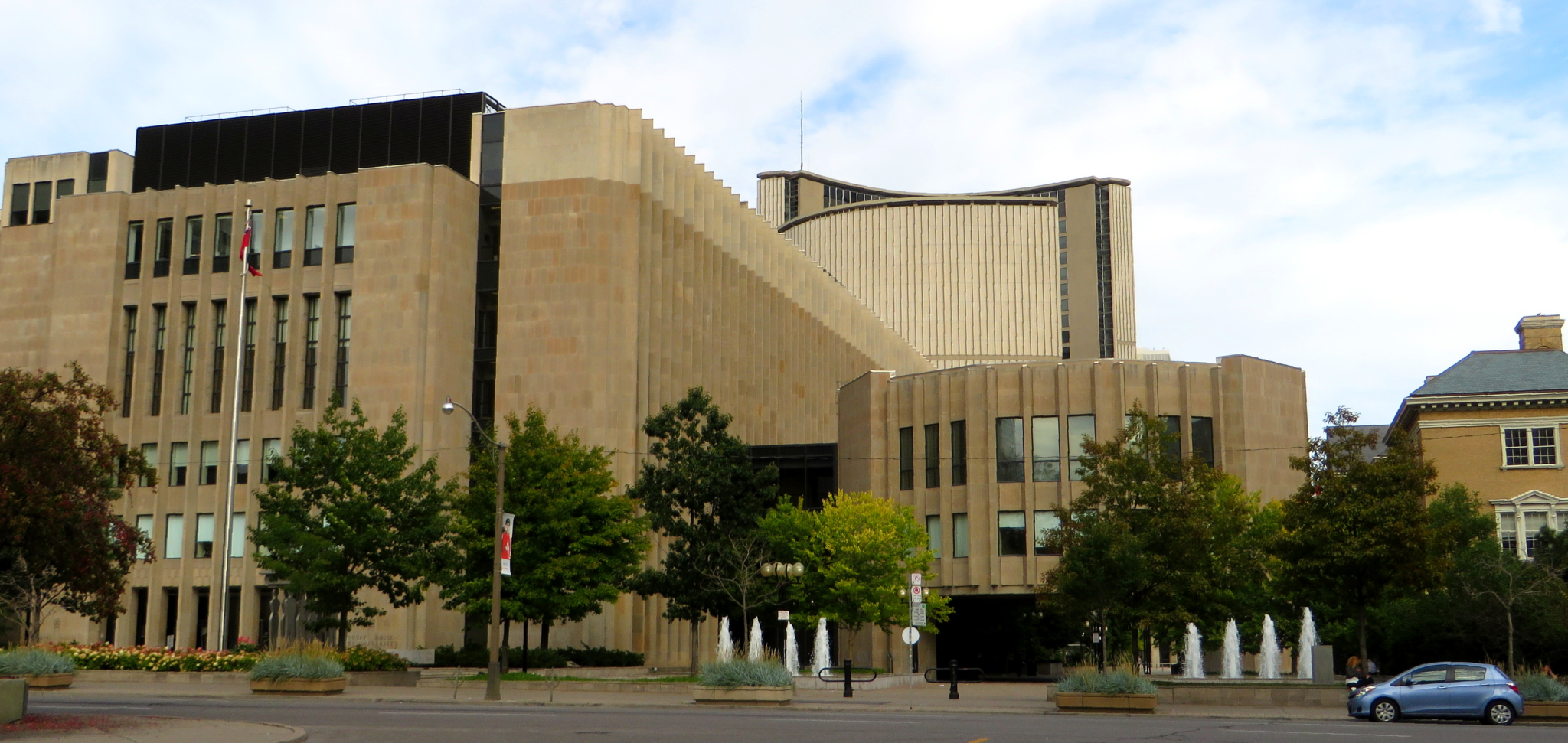Amnesty International Canada and Canadian Lawyers for International Human Rights (CLAIHR) have received a judge’s permission to deliver arguments in a court case on the future of an encampment against Israel’s attacks in Gaza at the University of Toronto’s St. George campus.
On June 19, Justice Markus Koehnen will consider whether to grant the University of Toronto’s request for an injunction to clear the encampment, which was set up on May 2. Amnesty International Canada and CLAIHR applied last week to intervene jointly in the injunction hearing. On Monday, Justice Koehnen granted that request, inviting the groups to file a written submission of up to 10 pages on the right to peaceful assembly. The joint filing is due on June 11.
- Related: Amnesty International Canada warns against criminalizing University of Toronto protest encampment
- Learn more: Authorities must protect rights as student protests surge
“We are grateful for this opportunity to defend human rights in court,” said Ketty Nivyabandi, Secretary General of Amnesty International Canada’s English-speaking section. “The right to freedom of peaceful assembly is a fundamental human right protected in Canadian and international law. Students, staff, and community members must be allowed to exercise that right on campus.”
“It is crucial that our courts protect the exercise of the right to freedom of peaceful assembly at a time when the suppression of speaking out for human rights, particularly Palestinian human rights, is heightened,” said Henry Off, a board member with CLAIHR. “CLAIHR is committed to working alongside Amnesty International Canada in advocating for and reinforcing this fundamental right in the current context.”
A potential turning point
The injunction hearing could be a major turning point in the standoff between the protest groups and the university’s administration. Protest leaders have said they will not voluntarily end the encampment until the university commits to divesting from companies that benefit from, or contribute to, Israel’s war in Gaza and to cutting ties with Israeli academic institutions that operate on settlements in the Occupied Palestinian Territories, among other measures.
“Human rights defenders’ advocacy must not be met with intimidation, harassment and the use of force,” Nivyabandi said. “Institutions of higher learning are, by nature, spaces of learning, critique, and spirited debate. We urge the university to drop its injunction request and resume a dialogue with the protesters until a peaceful resolution is achieved.”
Header photo credit: Ken Lund/Wikimedia





















